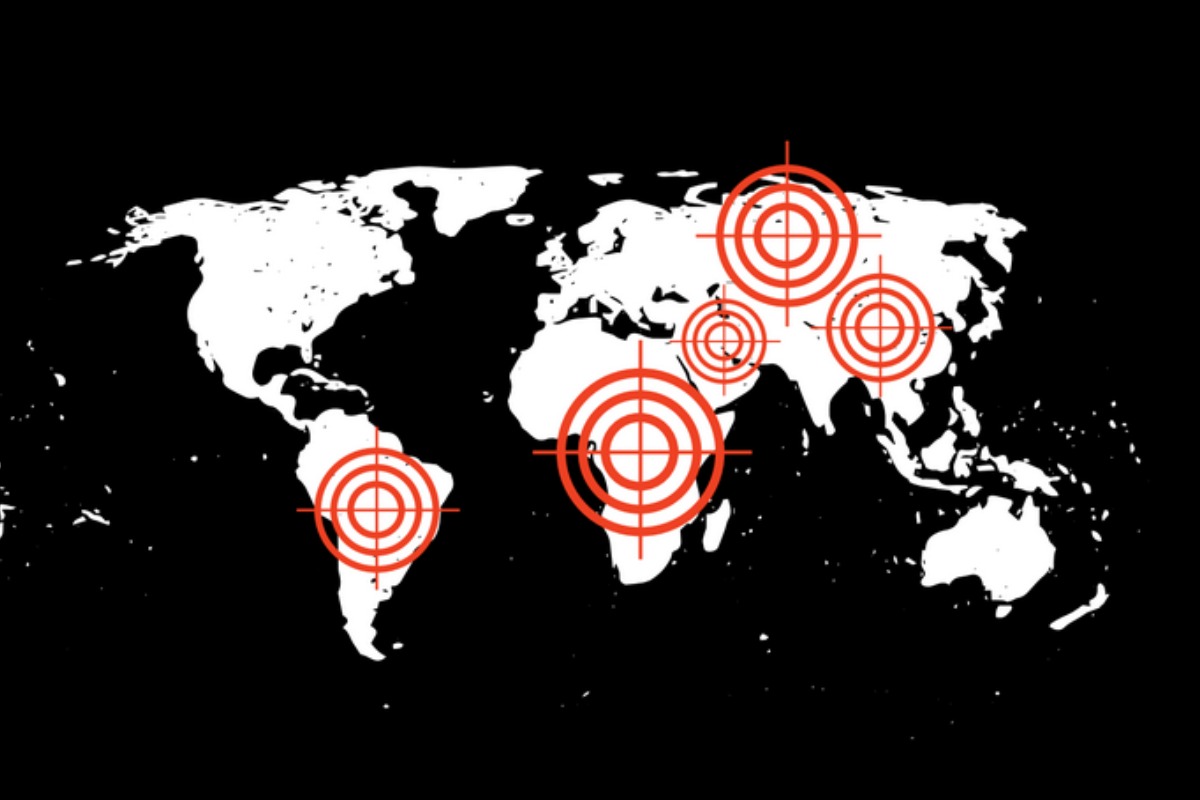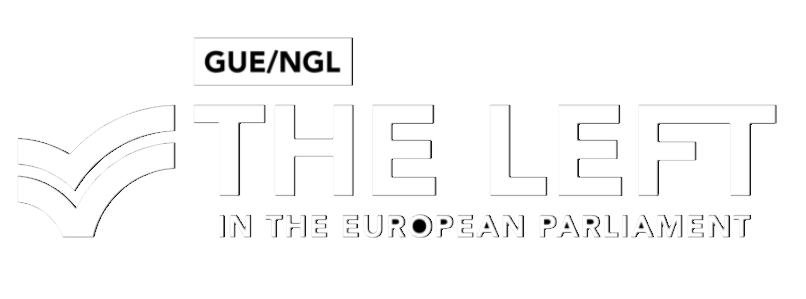Since the first Gulf War the world has seen a marked increase in the deployment of unilateral restrictive measures – sanctions imposed by individual states or groups of states against other states or private entities. The deployment of these measures is usually justified as a countermeasure against alleged human rights violations.
While the international framework for the use of sanctions through the United Nations Security Council is clearly provided for in customary international law, the subsequent trend in the application of unilateral restrictive measures outside of the forum of the UNSC is less clear in terms of its legality. Although a number of EU Member States at first questioned the legality of these unilateral sanctions, the EU has increasingly emulated the US example of using sanctions as a tool of power assertion on the global stage.
This legal review sheds some light on the legal basis surrounding these often punitive measures, examining the historical record and surveying the treaties and international agreements which have a bearing on the legality of restrictive measures under international law.


